Knowledgebase
Kingshay's Knowledgebase - Forage
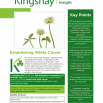
For more than three decades, Kingshay has dedicated its efforts to highlighting the significance of clover in grass leys. Now, amidst escalating fertiliser costs, pressur...
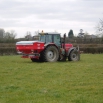
Calibrating your fertiliser spreader is an essential task to optimise forage and crop yields and maximise the benefit from the cost of fertilisers. As fertiliser produc...
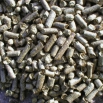
To improve feed efficiency at grass, fibre supplementation should be considered.
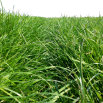
The potential to improve fertiliser use efficiency by foliar application of nutrients has been researched for several years. Reducing the length of the nutrient pathway...
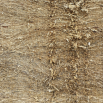
Balancing diets is not just about ensuring you provide the correct energy, protein, starch, etc. Minerals are essential for health, fertility and production. With forage ...
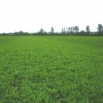
Grazing mixtures have the potential to produce forage of varying quality through the year. Integrating alternative mixtures into your farms grazing platform could improve...
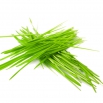
Fresh grass analysis is essential for formulating a balanced ration when livestock are at grass, to predict silage quality before cutting and to inform decisions on when ...
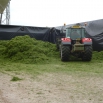
We all know that quality grass silage is the linchpin to cost effective, profitable production. Kingshay figures show that it costs just 6.1ppl to make average quality gr...
Our 'Good Grass Silage 2014' report aims to remove some of the bias from this bewildering area. Featuring the results of last year's Kingshay grass silage additive trial,...
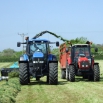
Maize is an excellent feed providing a good source of starch to compliment protein in other forages. However, it can be an expensive crop to grow and good yields are key ...

Farmers reseed because renovated swards should yield 33% more in the first year and 10% more thereafter, than a 5 year old ley. However, the seed mixture plays a huge par...
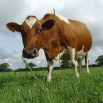
Underperforming grass swards can occur for a number of reasons, such as inadequate crop nutrition, soil structure issues, weed infestation or plant diseases caused by pat...
